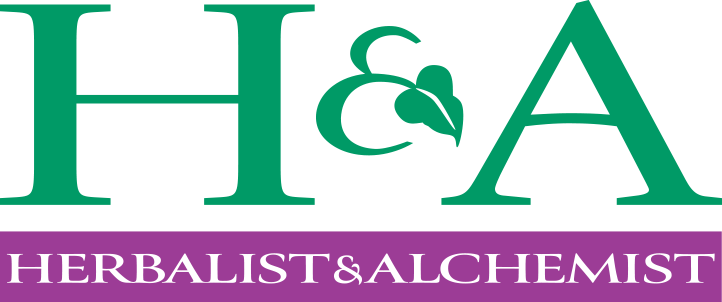How did you become interested in expanding your medical training to include less conventional modalities?
The short answer is that I had to fix my own
PMS and I was trained to take Prozac every day for the few
days a month that I was hard to be around. So I turned to
herbs instead. The longer answer includes realizing early on
that the medical training I received was great for acute
care issues but really, really limited for chronic
conditions, which is what I was faced with each day at the
office. It feels better to actually help people heal rather
than simply manage conditions and then deal with the side
effects of the “treatment.”
As an MD, what motivated you to take David
Winston’s Center for Herbal Studies two year training program,
which you recently completed? How do you feel that enhances
your medical practice?
I had heard David teach at conferences like
Medicines from the Earth, and was struck both by his depth
of knowledge and his insistence on science, as well as his
deep reverence for the plants and their historical/cultural
use. I spent at least 15 years thinking about taking the
course but being sure that I was too busy. When it sounded
as though David might stop teaching, I decided I simply had
to make the time... and it was worth it!
How are you incorporating herbal medicine into your practice? Do you offer other modalities?
I had been using herbs in my practice for many
years, even before learning from David. The difference now
is that I see them differently; I have a better feel for
individualizing them for each patient. I also think I “know”
the plants better, which makes it easier to use them
correctly.
Yes, my entire practice is
integrative/holistic/functional medicine. I also have the
privilege and honor to work with several other practitioners
under the same roof: an acupuncturist/TCM practitioner, a
shiatsu shin tai practitioner, a Rubenfeld synergist, a DO
who comes just to do Osteopathic manipulation, a stress
management expert and a shaman. We also have several yoga
classes a week at the office as well as a monthly healthy
food potluck!
